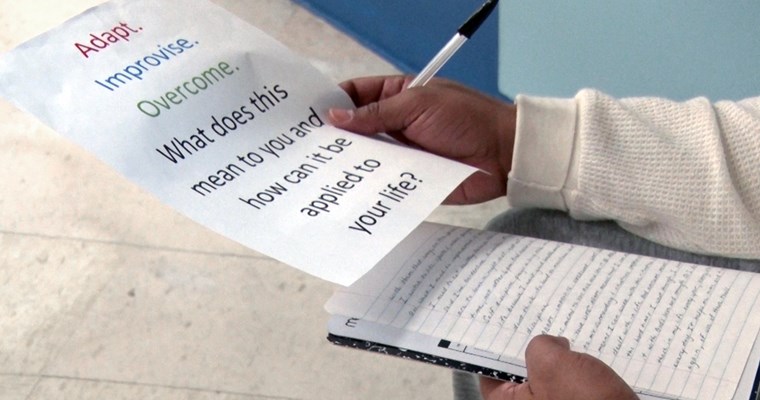Agency News

The Role of SAM Units in Virginia’s Restrictive Housing Reform
February 20, 2020
In January 2018, the Virginia Department of Corrections launched a comprehensive program to reduce the placement of offenders into restrictive housing and the cycling of offenders in and out of restrictive housing. Part of the program included the expansion of what the Department calls Shared Allied Management Units or SAM Units.
SAM Units originated at Wallens Ridge State Prison in 2005. This modified therapeutic community provides a more intensive case management for offenders who fall into one of three distinct populations:
- Mentally ill or seriously mentally ill (SMI) individuals who are at a greater risk of cycling through restrictive housing and/or licensed mental health pods for disruptive behavior related to offenders’ mental health diagnoses and symptoms.
- Medically infirmed individuals requiring intermittent medical attention but not requiring placement in an infirmary.
- Vulnerable individuals who are at greater risk of victimization or being bullied in general population due to characteristics such as cognitive challenges, age, physical size or personality.
In the SAM community, offenders experience unique programs and develop treatment goals designed to better address their needs and reduce high demands on security, mental health staff and medical staff. SAM Unit offenders participate in interactive journaling to address trauma. They also practice and review skills related to anger management, crisis intervention and emotional regulation.
In addition to unique programs, SAM Unit residents engage in a variety of activities that provide opportunities to learn new skills and engage in prosocial, healthy interactions with other offenders and staff. Finger knitting, pillow making and horticulture are a few examples of these activities. Participants say these activities help them cope with stress, recognize healthy relationships and feel more connected to the outside world (SAM Units donate scarves, pillows and other hand-made items to local women’s shelters and cancer treatment centers).
The hope is that participants will eventually return to mainstream general population or transfer to lower security facilities with appropriate services.
Since implementation, SAM Units have expanded to more than 770 beds across 11 state institutions. During this time, SAM Unit residents have charted significant decreases in disciplinary offenses, emergency medical transports, placements in restrictive housing and lengths of stay in restrictive housing.
To learn more about the SAM Units, visit the following links:
